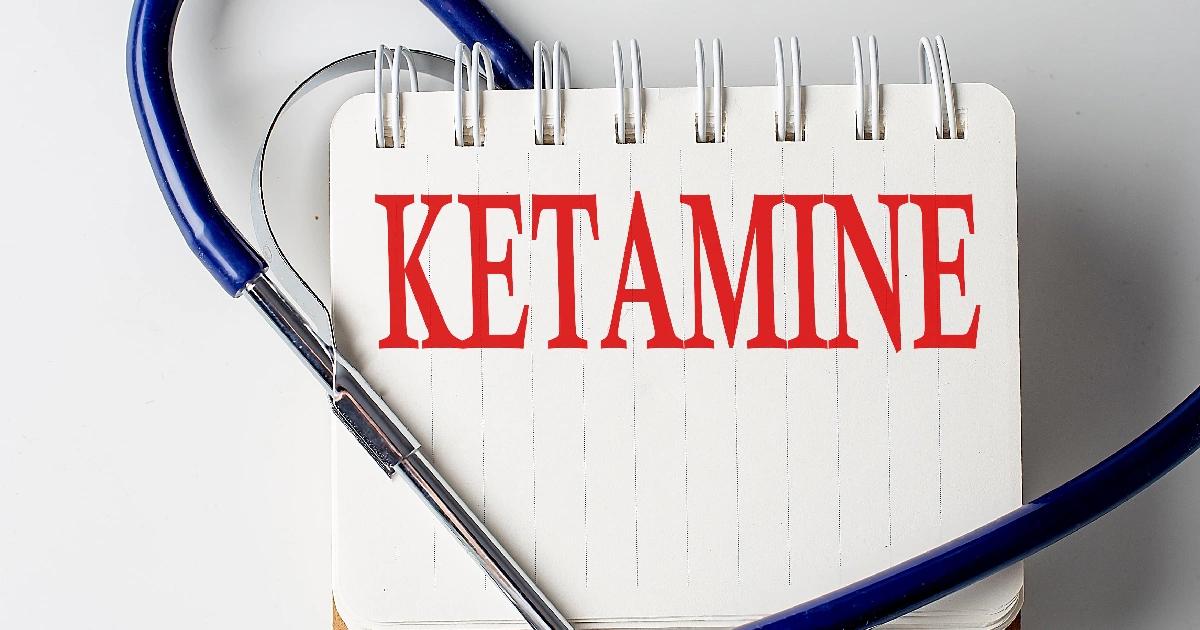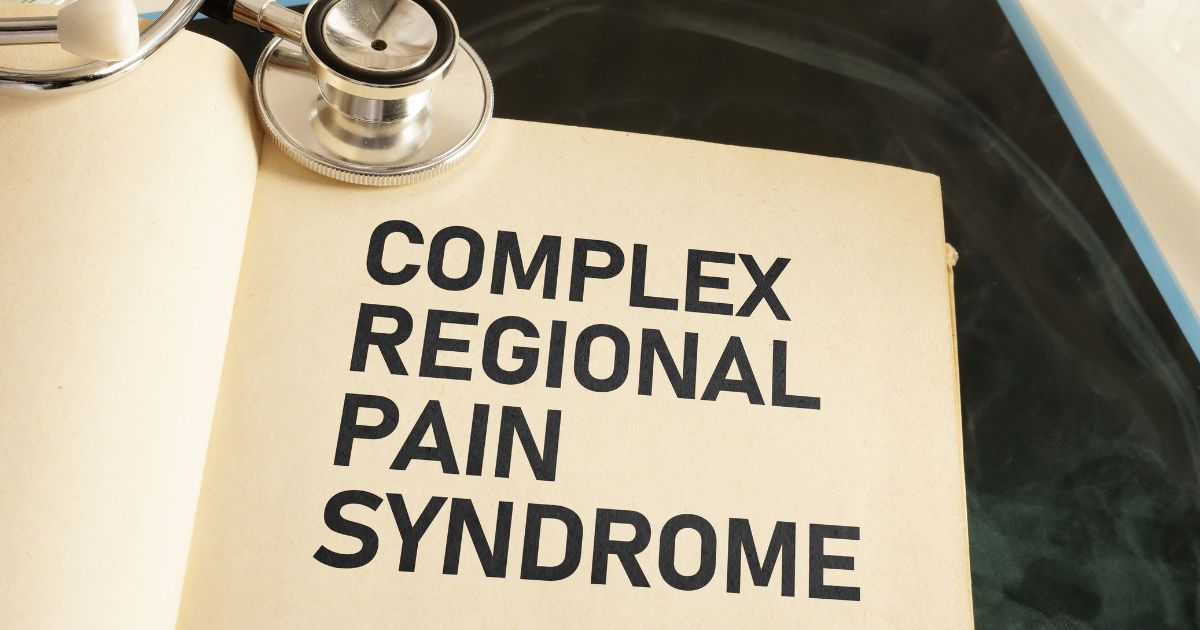Anxiety disorders are among the most common mental health conditions, affecting millions of people worldwide. Traditional treatments, such as psychotherapy and medication, often provide relief but may not be effective for everyone. Recently, ketamine has emerged as a promising alternative for treating anxiety, offering hope to those who have not found success with conventional therapies. At Revive Ketamine, we specialize in ketamine infusions and ketamine therapy for anxiety, providing a cutting-edge solution for those seeking relief. In this blog, we will explore how ketamine works, its benefits, and what to expect from ketamine therapy.
Understanding Anxiety Disorders
Anxiety disorders encompass a range of conditions, including generalized anxiety disorder (GAD), social anxiety disorder, panic disorder, and phobias. Excessive worry, fear, and anxiety interfere with daily life. Common symptoms include restlessness, fatigue, difficulty concentrating, irritability, muscle tension, and sleep disturbances.
Traditional treatments for anxiety often include cognitive-behavioral therapy (CBT) and medications such as selective serotonin reuptake inhibitors (SSRIs) and benzodiazepines. Treatments like these can be effective, but not everyone will benefit; some individuals may experience significant side effects.
What is Ketamine?
Ketamine is an anesthetic that has been used safely for decades in medical settings. The FDA originally approved it for use as an anesthetic in surgeries and procedures. However, researchers have discovered that ketamine also has potent antidepressant and anxiolytic (anxiety-reducing) effects when administered at lower doses. This has led to its use as an off-label treatment for various mental health conditions, including depression, PTSD, and anxiety.
How Does Ketamine Work for Anxiety?
Ketamine’s exact mechanism of action for treating anxiety is unclear, but several key processes are believed to be involved:
- Glutamate Regulation: Ketamine affects the brain’s glutamate system, which regulates mood and cognitive function. By modulating glutamate levels, ketamine can create rapid antidepressant and anxiolytic effects.
- Neuroplasticity Enhancement: Ketamine promotes neuroplasticity, the brain’s ability to form new connections and pathways. This can help “reset” the brain and create more adaptive thought patterns, reducing anxiety symptoms.
- Anti-Inflammatory Effects: Research suggests that inflammation in the brain may contribute to anxiety and depression. Ketamine has anti-inflammatory properties that may help reduce this inflammation and improve mood.
- Rapid Onset: Unlike traditional antidepressants and anxiolytics that can take weeks to become effective, ketamine’s effects can be felt within hours, providing fast relief for individuals suffering from severe anxiety.
Benefits of Ketamine Therapy for Anxiety
- Rapid Relief: One of the most significant benefits of ketamine therapy for anxiety is its rapid onset of action. Many patients report feeling relief within hours of their first treatment, which can be life-changing for those experiencing severe anxiety.
- Effectiveness for Treatment-Resistant Anxiety: Ketamine has shown promise in treating anxiety disorders that have not responded to traditional treatments. This makes it a valuable option for individuals who have struggled to find relief.
- Improved Mood and Functioning: By reducing anxiety symptoms, ketamine can significantly improve overall mood, cognitive function, and quality of life. Patients often report increased energy, better sleep, and improved relationships.
- Minimal Side Effects: When administered in a controlled clinical setting, ketamine is generally well-tolerated with few side effects. There are usually mild side effects, including dizziness, nausea, and dissociation, which typically resolve shortly after the infusion.
- Potential for Long-Term Benefits: Some studies suggest that ketamine’s effects can extend beyond the immediate relief period, with patients experiencing reduced anxiety symptoms for weeks or even months after treatment.
What to Expect from Ketamine Therapy for Anxiety
If you are considering ketamine therapy for anxiety at Revive Ketamine, it is essential to understand the treatment process and what to expect:
- Initial Consultation: Your journey begins with an initial consultation, where our medical professionals will assess your medical history, current symptoms, and treatment goals. This helps determine if ketamine therapy is a suitable option for you.
- Personalized Treatment Plan: Based on the assessment, a treatment plan is developed. This plan includes the number of ketamine infusions recommended, the dosage, and the frequency of treatments.
- Ketamine Infusions: Ketamine infusions are administered intravenously in a controlled medical setting. The infusion process usually lasts about 40-60 minutes. During the injection, you will be monitored for your safety and comfort.
- Monitoring and Support: After the infusion, you will be monitored for a short period to ensure no adverse reactions. Patients can resume their normal activities within a few hours, although it is recommended to have someone drive them home after the treatment.
- Follow-Up Care: Follow-up appointments are crucial for monitoring your progress. Our team at Revive Ketamine provides ongoing support to ensure you achieve the best possible outcomes.
Who is a Good Candidate for Ketamine Therapy?
Ketamine therapy for anxiety may be suitable for individuals who:
- Have been diagnosed with an anxiety disorder.
- Traditional treatments such as medication and therapy.
- They are experiencing severe anxiety symptoms that significantly impact their daily life.
- Are in good overall health and have no contraindications for ketamine use.
It is essential to discuss your medical history and current treatments with our medical professionals to determine whether ketamine therapy is right for you.
Potential Risks and Side Effects
While ketamine is generally safe when administered in a controlled medical setting, it is crucial to be aware of potential risks and side effects:
- Dissociation: Some patients experience dissociation or feeling detached from reality during the infusion. This effect is usually temporary and resolves shortly after the treatment.
- Dizziness and Nausea: Mild dizziness and nausea are common side effects but typically subside quickly.
- Blood Pressure Changes: Ketamine can cause temporary increases in blood pressure. Patients with a history of hypertension should discuss this with their healthcare provider.
- Addiction Potential: While the risk of addiction is low when ketamine is used as prescribed in a medical setting, it is a controlled substance with the potential for abuse. It is essential to use ketamine only under the supervision of qualified medical professionals.
- Long-Term Effects: The long-term effects of ketamine use for anxiety are still being studied. It is essential to have regular follow-ups and communicate any concerns with your healthcare provider.
Lifestyle and Integrative Approaches
For optimal results, ketamine therapy for anxiety should be part of a comprehensive treatment plan that includes lifestyle modifications and integrative approaches. Here are some additional strategies to support your mental health:
- Therapy: Combining ketamine therapy with traditional psychotherapy, such as cognitive-behavioral therapy (CBT), can enhance treatment outcomes and provide long-term benefits.
- Exercise: Regular physical activity reduces anxiety and improves overall mental health. Exercise for at least 30 minutes a day.
- Healthy Diet: A diet rich in fruits, vegetables, whole grains, lean proteins, and healthy fats can help reduce anxiety symptoms.
- Mindfulness and Meditation: Mindfulness practices, such as meditation and deep breathing exercises, can help manage anxiety and promote relaxation.
- Sleep Hygiene: Ensuring adequate, quality sleep is crucial for mental health. Sleep regularly and create a restful environment.
Conclusion
Ketamine therapy for anxiety offers a promising alternative to traditional treatments. By providing rapid relief and improving overall mental health, ketamine can significantly enhance the quality of life for those suffering from anxiety disorders. At Revive Ketamine, we provide personalized and comprehensive care to help you achieve your mental health goals.
If you are considering ketamine therapy for anxiety, schedule a consultation with Revive Ketamine today. Our experienced team is here to guide you through the process and help you find the relief you deserve. Contact us to take the first step towards a healthier and more fulfilling life.






